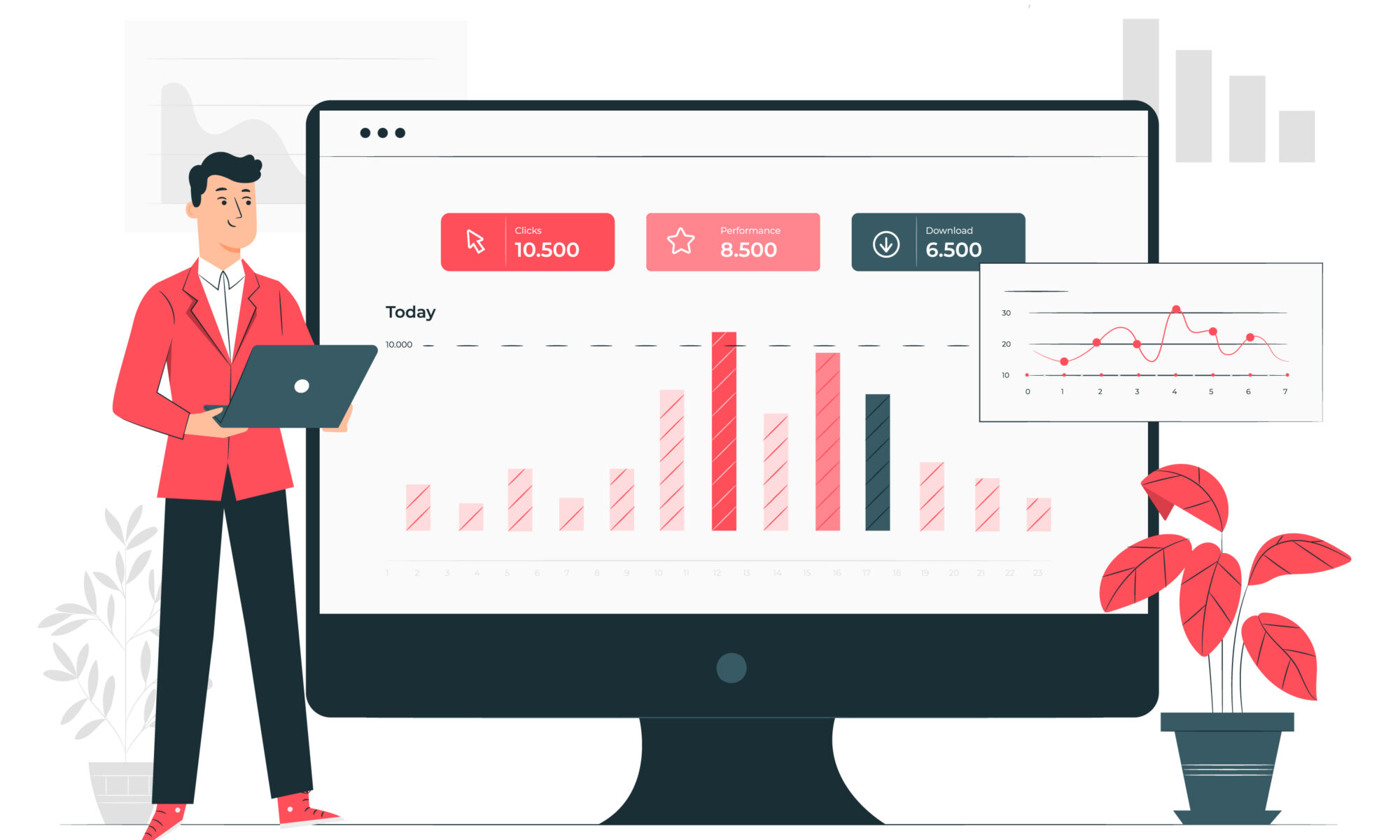Currently, in the digital age, businesses are continually exploring new methods to optimize their marketing strategies and attain superior performance outcomes. Performance marketing campaigns, particularly those advancing digital marketing services, have become indispensable tools for achieving these goals. Grasping the principles behind high-performance marketing campaigns is essential for businesses striving to succeed in a competitive market. Here, we will find the key components and approaches that make performance marketing campaigns fruitful, focusing on digital marketing, Pay-Per-Click (PPC) advertising, and the importance of data-driven approaches.
Know Performance Marketing
Performance marketing is a form of digital marketing where advertisers pay for specific user actions, such as clicks, conversions, or sales. Unlike traditional advertising methods, performance marketing requires businesses to pay solely for measurable outcomes, making it a cost-effective and efficient approach to reaching target audiences.
The Role of Data in Performance Marketing
Data is the cornerstone of high-performance marketing campaigns By analyzing extensive data, marketers can uncover insights into consumer preferences, behavior, and trends. These statistics are used to optimize campaigns, and marketing strategies, and improve overall performance.
- Spectators Segmentation:
Knowing your audience is essential for any marketing campaign. Segmenting your audience by behaviors, demographics, and interests allows you to craft personalized and relevant messages that resonate with each group. This leads to boosted engagement and conversion rates.
- A/B Testing:
A/B testing, also known as split testing, involves evaluating two versions of a marketing asset to see which one performs better. This can include everything from email subject lines to landing page layouts. By continuously testing and optimizing, marketers can identify the most effective elements and refine their campaigns for better results.
- Attribution Modeling:
Attribution modeling assists marketers in identifying which touchpoints in the customer journey are most effective in driving conversions. By evaluating data from different interactions and channels, marketers can assign their budget effectually and focus on the strategies that deliver the best ROI.
The Power of Pay-Per-Click (PPC) Advertising
Pay-per-click (PPC) advertising is a fundamental component of performance marketing campaigns. PPC allows businesses to display ads on search engines, social media platforms, and other websites, and only pay when a user clicks on their ad. This model confirms that marketing budgets are consumed resourcefully, driving targeted traffic to a website. Some reasons why PPC advertising is so effective:
- Targeted Reach: PPC campaigns enable precise targeting based on keywords, demographics, location, and even device types. This guarantees that ads reach the right people at the right time, enhancing the likelihood of conversions.
- Control and Flexibility: PPC campaigns offer higher control and flexibility. Marketers can adjust their budgets, bids, and targeting parameters at any time, allowing them to respond quickly to changes in the market and optimize their campaigns for maximum performance.
- Measurable Results: A key advantage of PPC advertising is its capability to track and measure results in real time. Marketers can monitor key metrics such as click-through rates (CTR), conversion rates, and cost per acquisition (CPA) to evaluate the performance of their campaigns and make data-driven decisions.
Integrating Digital Marketing Services
To achieve top-performance results, businesses frequently rely on comprehensive digital marketing services. These services encompass a wide range of strategies and tactics, including social media marketing, search engine optimization (SEO), content marketing, and email marketing. By integrating these services into their performance marketing campaigns, businesses can create a cohesive and multi-channel approach that drives results. The key benefits of using digital marketing services are:
- Lead Nurturing: Email marketing is a powerful tool for nurturing leads and guiding them through the sales funnel. By providing personalized and relevant content, businesses can foster trust and drive conversions.
- Engagement and Interaction: Social media marketing allows businesses to engage with their audience, build relationships, and foster brand loyalty. By creating valuable and shareable content, businesses can increase their reach and influence.
- Advanced Visibility: SEO and content marketing help improve a website’s visibility in search engine results, driving organic traffic and increasing brand awareness.
Concluding Words
The science behind high-performance marketing campaigns lies in the effective use of data, strategic implementation of Pay-Per-Click Advertising, and integration of comprehensive digital marketing services. By utilizing these elements, businesses can develop targeted, measurable, and flexible campaigns that deliver results. Whether you want to increase your brand’s visibility, engage with your audience, or boost conversions, performance marketing offers a proven path to success.
For businesses looking to advance their marketing efforts, it’s essential to partner with experts who understand the intricacies of performance marketing. Contact us now to learn how our digital marketing services can help you achieve your goals and stay ahead in the competitive scene.







